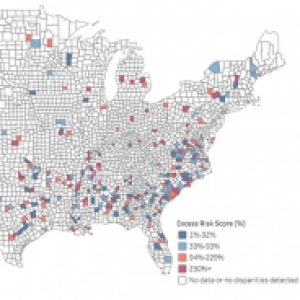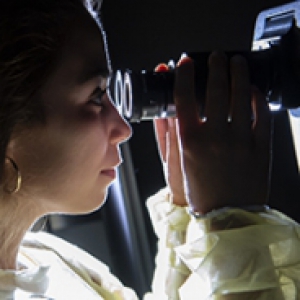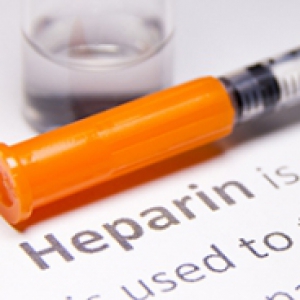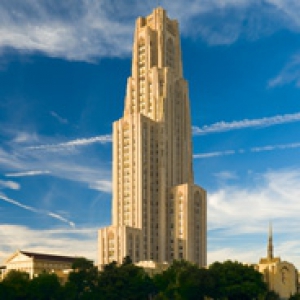The Plan for Pitt: Engage in Research of Impact

Thursday, February 4, 2021
Pitt Professor of History Alaina E. Roberts says people are usually stunned to learn that five Native American tribes in what’s now Oklahoma owned Black slaves in the 1800s. In a forthcoming book, Roberts digs into her own ancestry with the tribes to upend the traditional story of Reconstruction.

Thursday, February 4, 2021
A scientific detective story that unfolded in Pitt’s Center for Vaccine Research unearths how the virus that causes COVID-19 evolves new variants that evade antibodies. Director Paul Duprex says this evolution is why it’s important to develop multiple tools to fight the pandemic.

Thursday, February 4, 2021
A new School of Pharmacy analysis found that Black residents in 69 U.S. counties were far more likely than white residents to live more than a mile from a COVID-19 vaccination facility. Three-quarters of those counties also have high rates of new infections. See where they are.

Tuesday, February 2, 2021
In his new book, longtime plant collector and Pitt junior Alvin Liu offers an in-depth look at the wild carnivorous plants that thrive in the New Jersey Pinelands.

Monday, February 1, 2021
As labs have shifted attention to SARS-CoV-2, efforts have been duplicated and precious time and resources have been used ineffectively, writes Terence Dermody for The Conversation. This rapid scientific reorientation has implications far beyond the pandemic.

Thursday, January 28, 2021
The University of Pittsburgh joins 21 other leading academic and research institutions in the Leap Breakthrough Network. Its charge? Spark breakthrough scientific and technological solutions in human physiology and bioengineering within a decade.

Friday, January 22, 2021
Pitt-Led NIH Trial Platform Shows Blood Thinners Decrease Need for Life Support in COVID-19 Patients
Early results of the trial, which is part of a three-trial platform consortium spanning more than 300 hospitals worldwide, found that full doses of heparin, a blood thinner, were not only safe but also reduced the need for vital organ support, such as ventilation.




